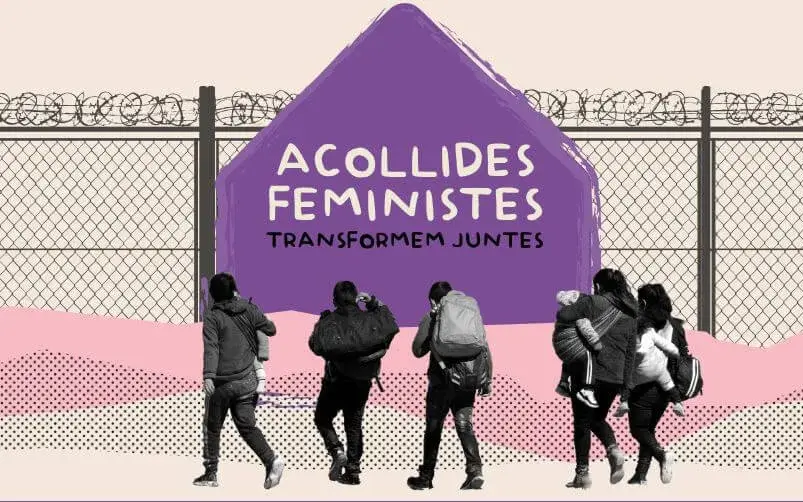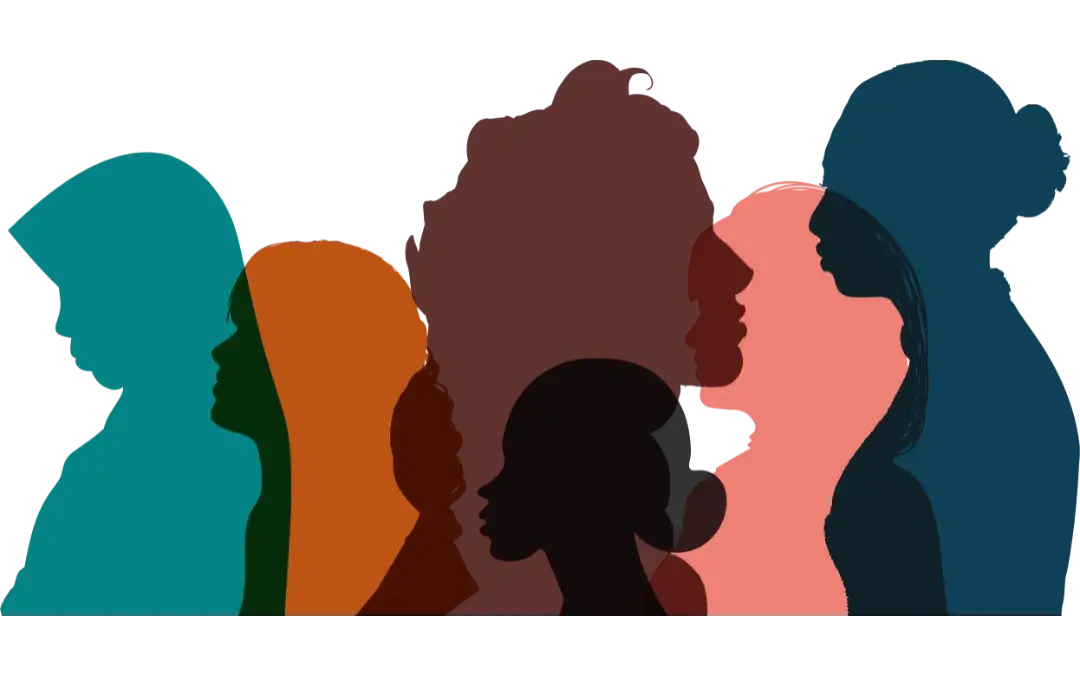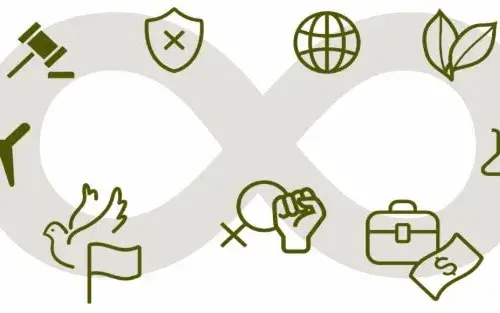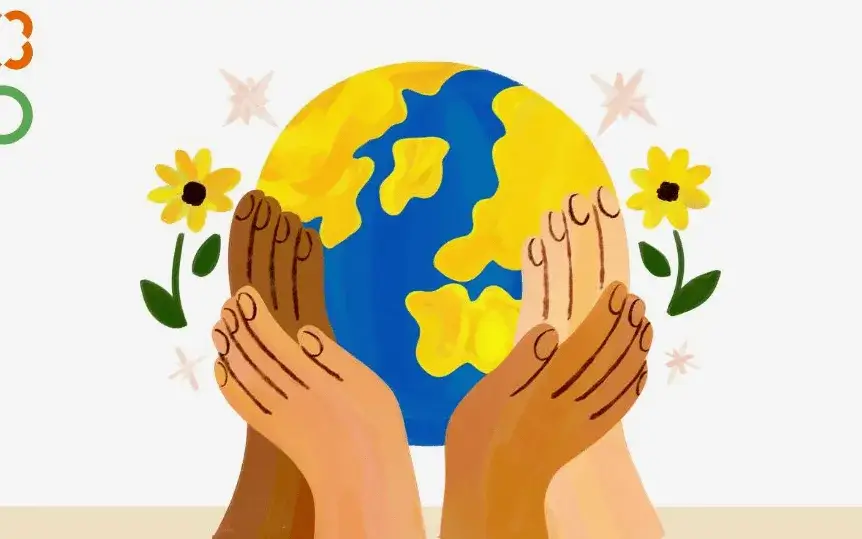
Two prominent defenders of women’s and children’s rights working on the Mexico–Guatemala border will be in Barcelona to exchange strategies on feminist and intercultural approaches to migration and refuge.
From October 13 to 22, Barcelona will host two renowned human rights defenders working in migration contexts: Diana Damián, from the organization Formación y Capacitación (FOCA) in Chiapas, Mexico, and Carolina Gutiérrez, from Red de Gestoras de Derechos and APROSUVI in Huehuetenango, Guatemala.
Both play a crucial role in defending the rights of women and children in mobility at the Mexico–Guatemala border. Their visit offers an opportunity to learn about their struggles and proposals, to hear first-hand about the realities at the border, and to explore their models of feminist reception and support.
Diana Damián Palencia is a psychologist and specialist in gender, interculturality, and migration. She directs Formación y Capacitación (FOCA) and coordinates the Mesoamerican Network of Women, Health and Migration. Her research includes works such as The Huehuetenango–Comitán Corridor: A Cartography of Women in Migration, Chiapas: A Look Back, and Feminicidal Violence in Chiapas: Visible and Hidden Reasons for Our Struggles, Resistances, and Rebellions. She also directed the documentary Pasos ciegos.
Carolina Gutiérrez, a social worker with a master’s degree in university teaching, coordinates projects defending the rights of women, adolescents, and children in mobility at the Guatemala–Mexico border, through a feminist and intersectional lens. With over twenty years of experience in the social and academic sectors, she has led numerous programs on gender-based violence prevention, sexual and reproductive health, economic empowerment, and community participation.
As part of their visit, on October 16, from 9:00 a.m. to 5:30 p.m., the seminar “Towards an Intersectional Feminist Reception” will take place at Pati Manning in Barcelona. The event will feature both defenders alongside experts from institutions and civil society to discuss the current challenges and needs of reception policies in Catalonia.
Throughout the week, both women will also meet with Mr. Josep Rull i Andreu, President of the Parliament of Catalonia; visit various city councils to learn about different local reception models; and hold a meeting with Mr. Vicenç Margalef, Director of the Catalan Agency for Development Cooperation, and Ms. Andrea Costafreda, Director General for Development Cooperation.
This advocacy agenda takes place within the framework of the project “Feminist Welcomings”, promoted by Almena Feminist Cooperative, Creación Positiva, FOCA, and APROSUVI.
The initiative seeks to improve the well-being of women, adolescents, and children in mobility, asylum seekers, and refugees on the Mexico–Guatemala border — ensuring their full rights, particularly the right to live free from gender-based violence and to enjoy sexual and reproductive rights. The project also aims to create an impact in Catalonia by promoting alliances, political advocacy, and the adaptation and replication of good reception practices. It is funded by the Catalan Agency for Development Cooperation.
FOCA has over two decades of experience promoting women’s rights and those of their communities through a gender and intercultural perspective. One of its key programs, Las Moradas Day Houses, offers safe, dignified spaces for women, adolescents, and families in mobility or seeking asylum. These centers have supported over 1,600 people, providing food, shelter, information on migration alternatives, and first-contact assistance.
APROSUVI is a non-profit organization made up of people who sought refuge in Mexico during Guatemala’s internal armed conflict and later returned following the Peace Accords. It promotes health and better living conditions for women, children, adolescents, and youth in Huehuetenango through social assistance and community development initiatives.






Add new comment